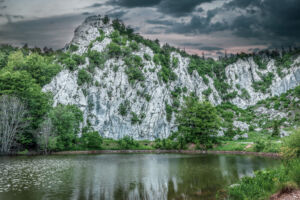
InfraSETS – Transformations of water infrastructures and nature conservation in karst landscapes
Creating transformative spaces to identify new ways of dealing with uncertainties in water resource management – using the example of karst landscapes in Europe


